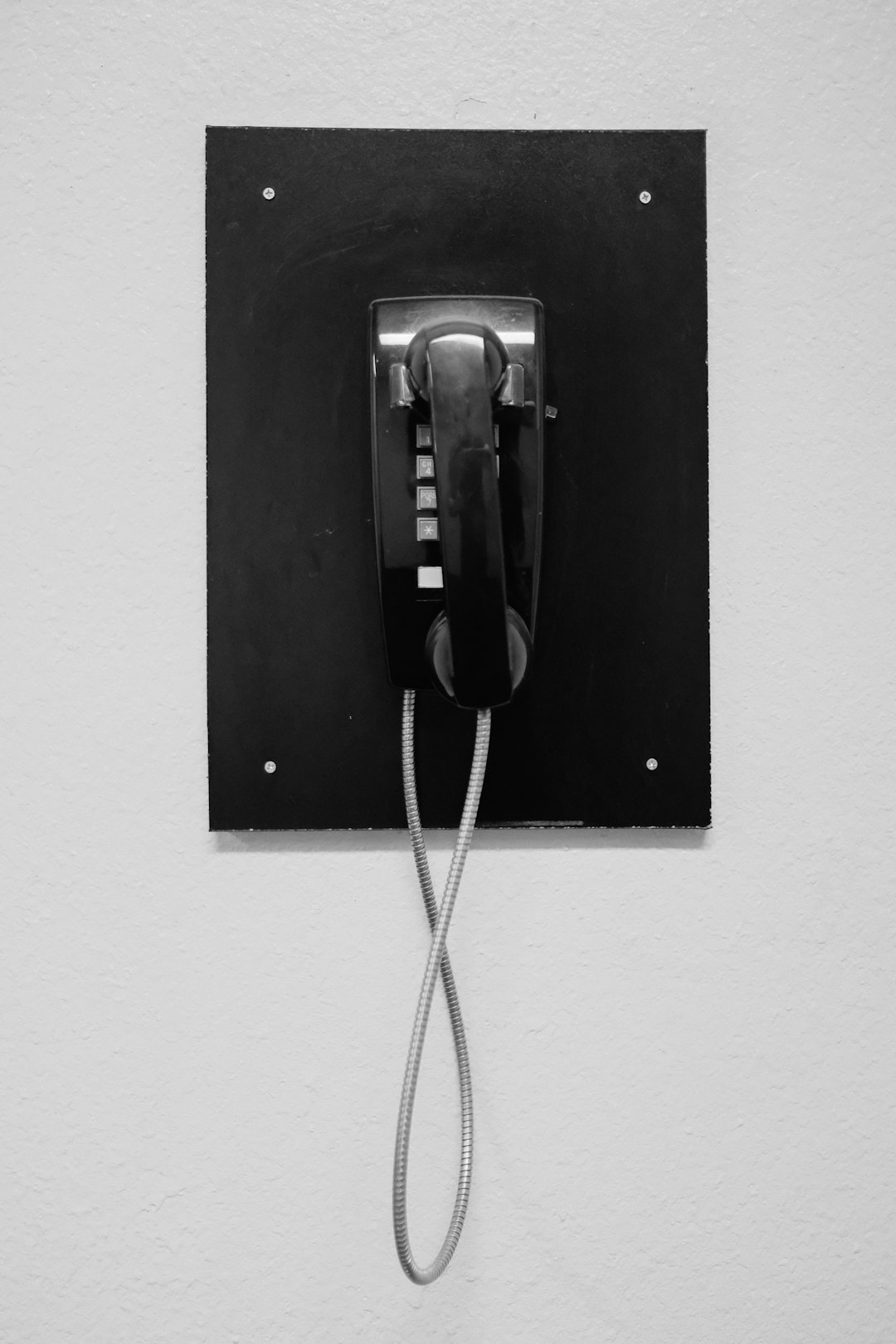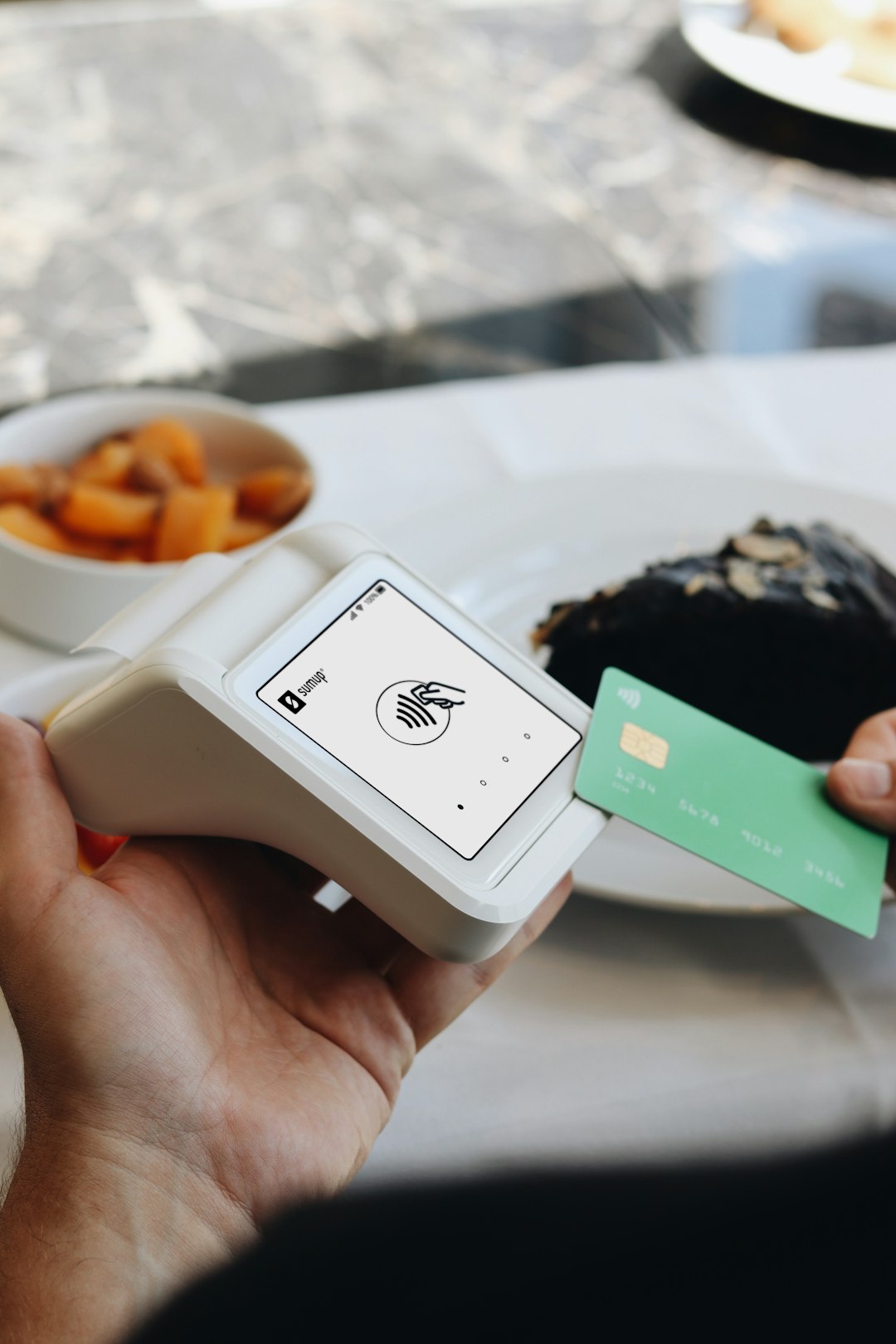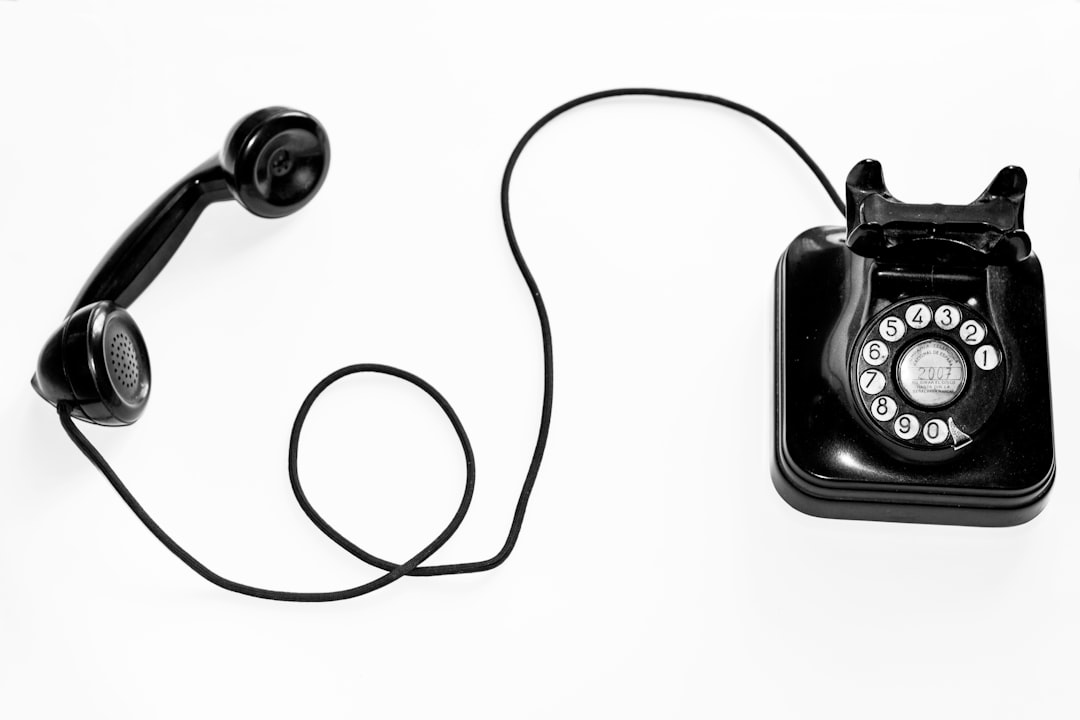Nonprofits in Connecticut can leverage the power of autodialing systems for fundraising and engagement but must navigate legal complexities like the CT Telephone Consumer Protection Act (CTCPA). Partnering with specialized autodialer lawyers ensures compliance, protecting donor privacy and preventing harassment. Choosing the right software involves matching features to campaign needs, while experts guide responsible usage, including consent mechanisms, opt-outs, and timing, to build trust and avoid legal pitfalls. Regular reviews are crucial as regulations evolve.
“In today’s digital age, nonprofits are leveraging technology to amplify their impact. Autodialing, the automated dialing of phone numbers for outreach, is a game-changer for fundraising and engagement. However, navigating this strategy requires careful consideration.
This comprehensive guide explores best practices for autodialing in the nonprofit sector, focusing on legal aspects crucial for Connecticut-based organizations. From understanding autodialer laws with the help of an autodialer lawyer Connecticut to choosing the right software and building compliance frameworks, we’ll equip you with insights from top autodialer attorneys Connecticut to ensure ethical and effective outreach.”
Understanding Autodialing: A Nonprofit's Guide
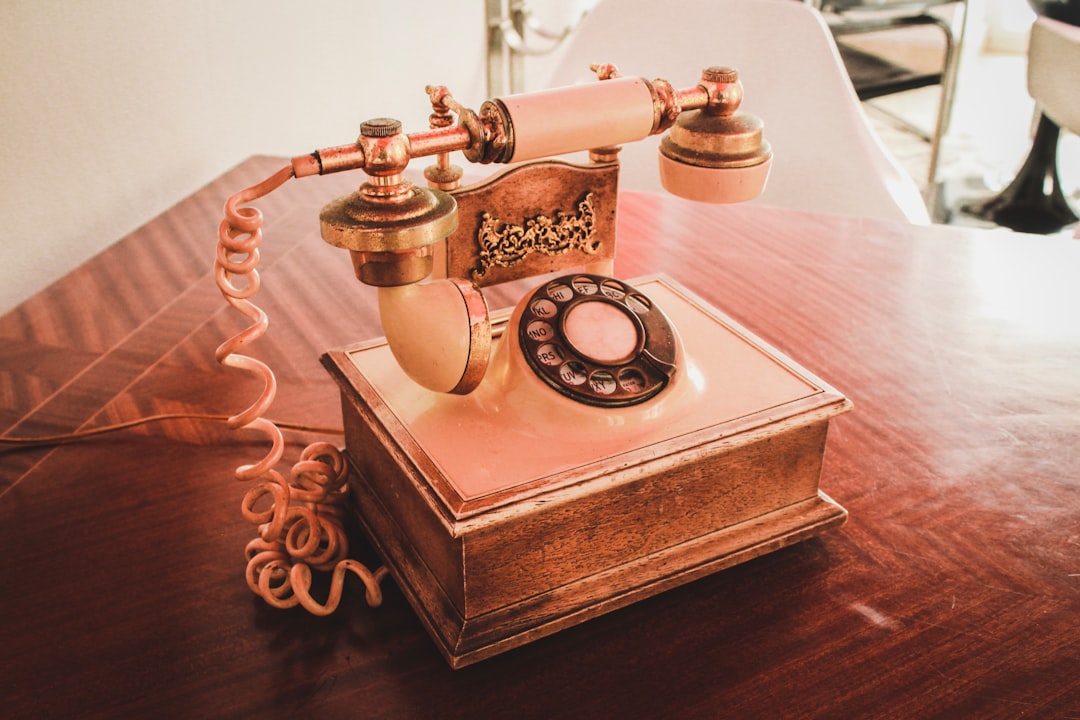
In the nonprofit sector, effective communication is key to achieving organizational goals and connecting with supporters. One powerful tool that has gained traction in recent years is autodialing, an automated phone dialing system designed to streamline outreach efforts. An autodialer lawyer Connecticut nonprofits engage can significantly enhance fundraising campaigns, event promotions, and membership drives by enabling rapid and targeted communication at scale.
When considering the implementation of an autodialer, Connecticut-based nonprofit organizations should understand that these systems are not one-size-fits-all. From choosing the right law firm specializing in autodialer services (e.g., autodialer attorneys Connecticut) to ensuring compliance with relevant regulations, nonprofits must navigate a series of considerations. This guide aims to provide an overview, emphasizing best practices and legal aspects, to help nonprofits maximize the potential of autodialing while adhering to ethical and legal standards, especially in areas where direct marketing is regulated, such as Connecticut.
Legal Considerations for Autodialer Implementation in Connecticut

When implementing an autodialer system in Connecticut, nonprofits must navigate a series of legal considerations to ensure compliance with state regulations and protect donor privacy. An autodialer lawyer or attorney specializing in this area can help organizations understand and adhere to the Connecticut Telephone Consumer Protection Act (CTCPA), which regulates automated telephone marketing. This includes obtaining proper consent from donors for automated calls, providing clear opt-out mechanisms, and avoiding certain types of messages that may be deemed harassing or intrusive.
Additionally, nonprofits should ensure they have a robust data management strategy in place to safeguard donor information. Engaging the services of an autodialer law firm or lawyers specializing in Connecticut privacy laws can help organizations establish procedures for data collection, storage, and disposal, as well as implement best practices to protect against data breaches. This is crucial not only for maintaining donor trust but also for avoiding potential legal repercussions and fines under Connecticut’s strict consumer protection laws.
Best Practices for Ethical and Effective Outreach

In the nonprofit sector, ethical and effective outreach is paramount to achieving meaningful connections with supporters and stakeholders. The use of an autodialer, while powerful for reaching a large audience, must adhere to strict best practices to ensure compliance and respect for recipients’ privacy. Nonprofits in Connecticut, when employing an autodialer lawyer or attorney from a reputable law firm, can navigate these ethical considerations effectively.
First and foremost, obtain explicit consent before dialing. This involves clear opt-in mechanisms, such as signing up through email or text messages, ensuring individuals actively agree to receive calls. Additionally, provide an easy way to opt out of future communications. Transparency builds trust; be upfront about using an autodialer and the purpose of the call. Personalization enhances engagement; use first names and tailor messages to reflect individual interests. Lastly, respect call limits; excessive dialing can lead to burnout among recipients, undermining your outreach efforts.
Choosing the Right Autodialer Software for Your Organization
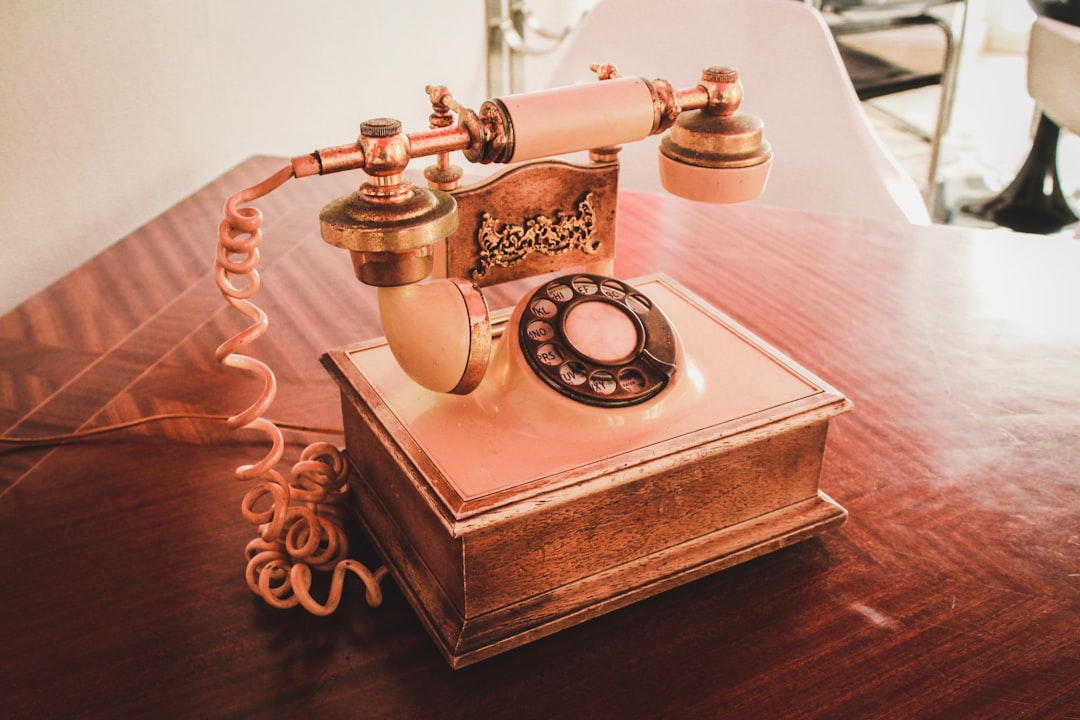
When selecting an autodialer software for your nonprofit organization in Connecticut, it’s crucial to align your choice with specific needs and goals. Consider factors like campaign type (e.g., fundraising, event invitations), desired call volume, and integration capabilities with existing CRM systems. Auto dialer lawyers and attorneys in Connecticut can provide valuable insights into the legal aspects of using such software, ensuring compliance with regulations like TCPA.
Choosing the right tool involves evaluating features such as customizable scripts, automatic call distribution, and real-time analytics. Reputable autodialer law firms in Connecticut offering specialized services can help you navigate potential risks and leverage the technology effectively for outreach and engagement. With the right software and legal guidance, your nonprofit can optimize communication strategies while adhering to legal boundaries.
Building a Compliance Framework for Sustainable Calling Strategies

In the nonprofit sector, implementing effective autodialing strategies requires a robust compliance framework to ensure legal and ethical standards are met. With the rise in autodialer technology, nonprofits must navigate complex regulations surrounding telemarketing and consumer privacy laws, such as the Telephone Consumer Protection Act (TCPA). A comprehensive compliance program starts with consulting an experienced autodialer lawyer Connecticut or autodialer attorney Connecticut who understands these legal nuances. They can help nonprofits establish guidelines for responsible calling practices, including obtaining proper consent, providing opt-out options, and adhering to timing restrictions.
This framework should be tailored to the specific goals of the nonprofit and its target audience. By implementing best practices from the outset, organizations can avoid costly legal repercussions and maintain donor trust. Regular reviews and updates are crucial as laws evolve; a reputable autodialer law firm Connecticut can provide ongoing guidance, ensuring nonprofits stay compliant and leverage autodialing effectively to advance their missions without sacrificing sustainability or legality.


